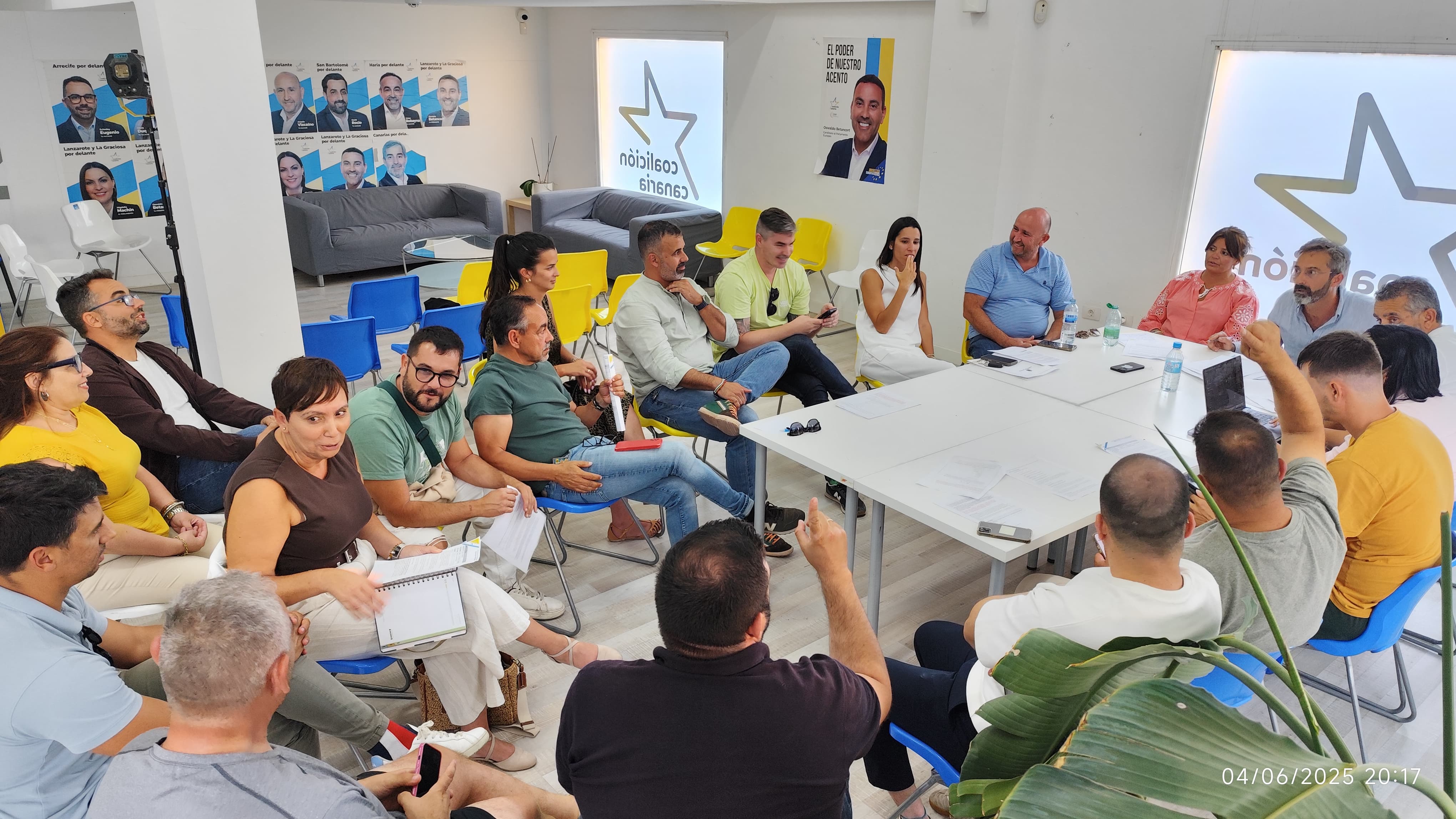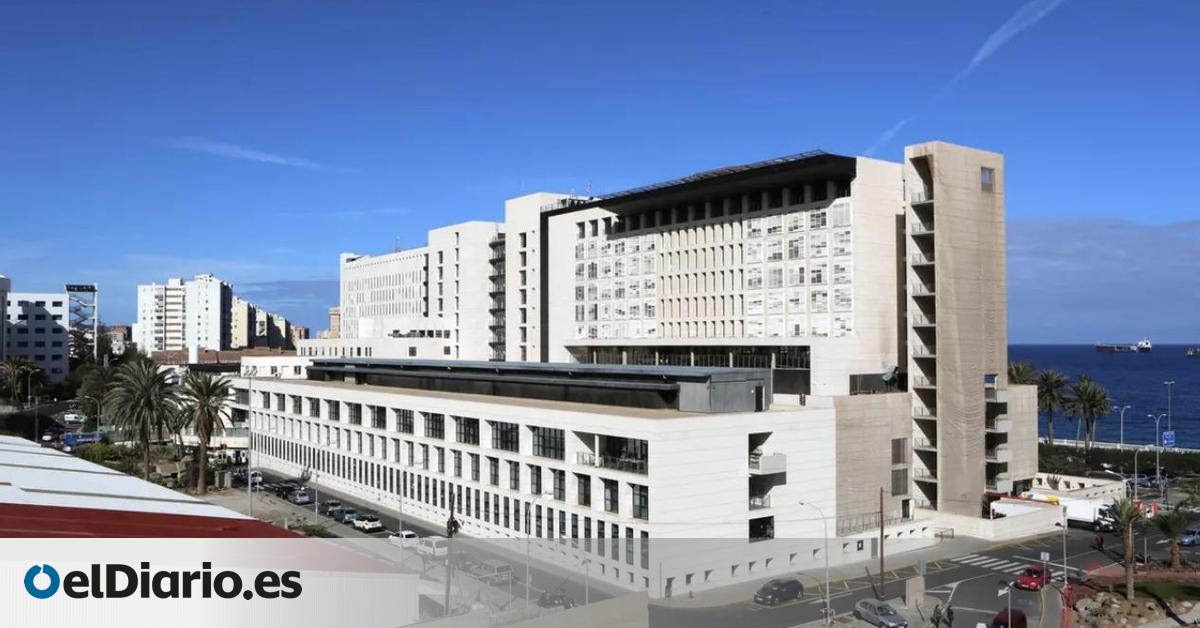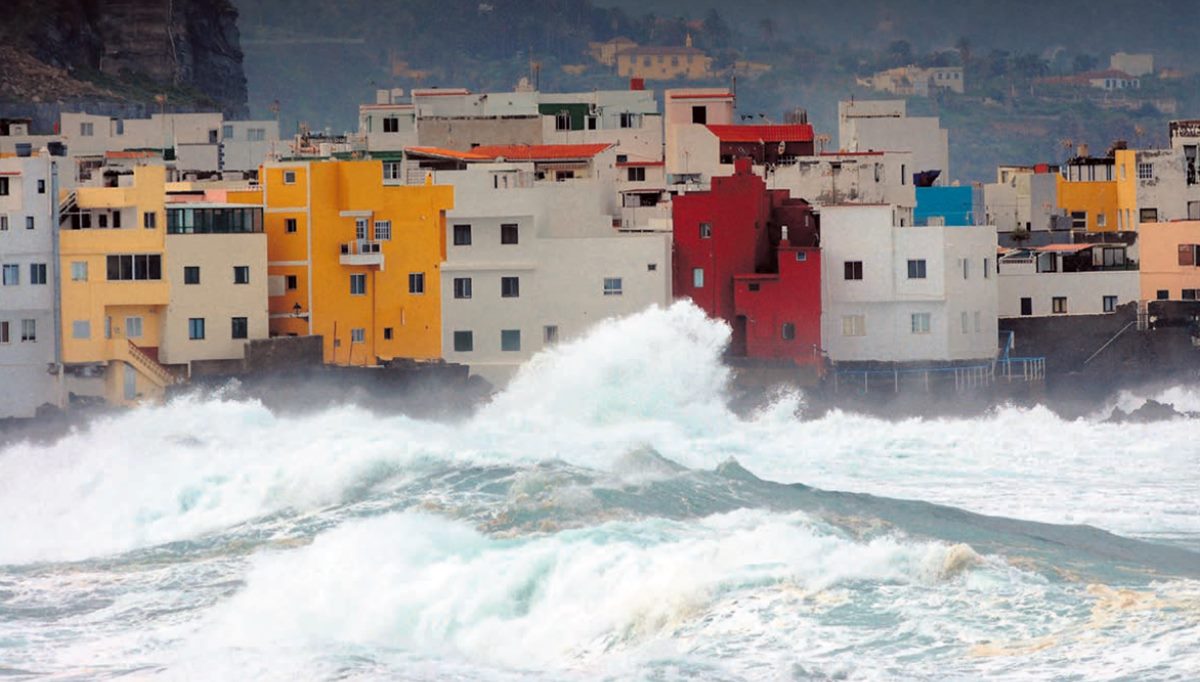
SANTA CRUZ DE TENERIFE, 8 Sep. (EUROPA PRESS) –
The Tenerife Cabildo urgently convened the Island Vine Table on Monday to provide detailed information to the island’s wine sector and coordinate efforts in response to the outbreak of vine phylloxera (Daktulosphaira vitifoliae) detected in Tenerife at the end of July.
As a result, a technical committee has been established, which will meet weekly to monitor the progression of the phylloxera on the island and propose solutions. Meanwhile, the Vine Table will convene monthly or in extraordinary sessions to provide relevant information to vine growers.
The meeting was attended by representatives from the six Protected Designation of Origin (PDO) regions on the island, sector technicians, members of the Avibo and Viboten associations, officials from the Wine House, as well as representatives from the Ministry of Agriculture of the Canary Islands, GMR Canarias, and technical staff from the Tenerife Cabildo.
Rosa Dávila stated that the wine of Tenerife is part of the “identity, history, and economy” of the island, and the Cabildo will not “spare any effort to protect it”.
“Our priority is to safeguard the quality and prestige of our wines, which are internationally recognised, and to ensure that families dependent on this sector have security and support during this delicate time. This situation reminds us of the importance of working together, with responsibility and diligence, to defend one of Tenerife’s most valuable agricultural treasures,” Dávila said.
The president called for “calm” and cooperation from the entire sector.
“The Cabildo will stand by you, with resources and commitment, to overcome this challenge together and ensure that the future of Tenerife’s wine remains a source of pride for us all,” she commented.
The Vice President and Minister of Tourism of the Cabildo, Lope Afonso, emphasised that “the commitment of the island institution to control and equip technicians is absolute” and highlighted “the collaboration occurring among all involved parties”.
He also expressed gratitude for “the fundamental role played by vine growers in controlling the phylloxera outbreak since the primary sector is crucial for the island of Tenerife”.
The Minister for the Primary Sector, Valentín González, praised the Island Vine Table’s meeting held at the Wine House, stating that “despite the infestation, the situation is under control and does not affect the quality, uniqueness, or characteristics of Tenerife’s wines”.
Representatives from the Designated Origin regions and present associations expressed their concerns regarding the seriousness of the situation and generally supported the measures for the control and eradication of phylloxera.
Additionally, it was agreed to strengthen the unity of action and establish closer monitoring mechanisms, as stated in a note from the Cabildo.
The corporation and all parties involved appealed for shared responsibility and cooperation between institutions and vine growers to tackle this “new challenge”, aiming to safeguard the island’s viticultural heritage.
COORDINATION WITH THE GOVERNMENT OF CANARY ISLANDS
Since the end of July, the Tenerife Cabildo has been working in coordination with the Government of the Canary Islands, removing affected plants and establishing a designated area for surveying and implementing phytosanitary measures.
Informative meetings have been held with the wine sector, providing technical documentation for dissemination and early detection, and 2,000 surveys have been conducted, with 56 positive results.
A technical protocol has also been developed, including standardised sampling per hectare and key symptoms to be detected, ensuring that vine growers remain informed at all times.
Last week, the Tenerife Cabildo announced an investment of €150,000 to hire eight new specialists in phylloxera control, adding to the 22 technicians from Agricultural Extension and the nine from the Agriculture department.
Moreover, bureaucratic procedures related to this issue have been streamlined, and new digital tools, such as a mobile application, have been implemented, allowing for the electronic processing of movement guides and inspection reports in the field, thus speeding up the authorisation system with the regional government.














